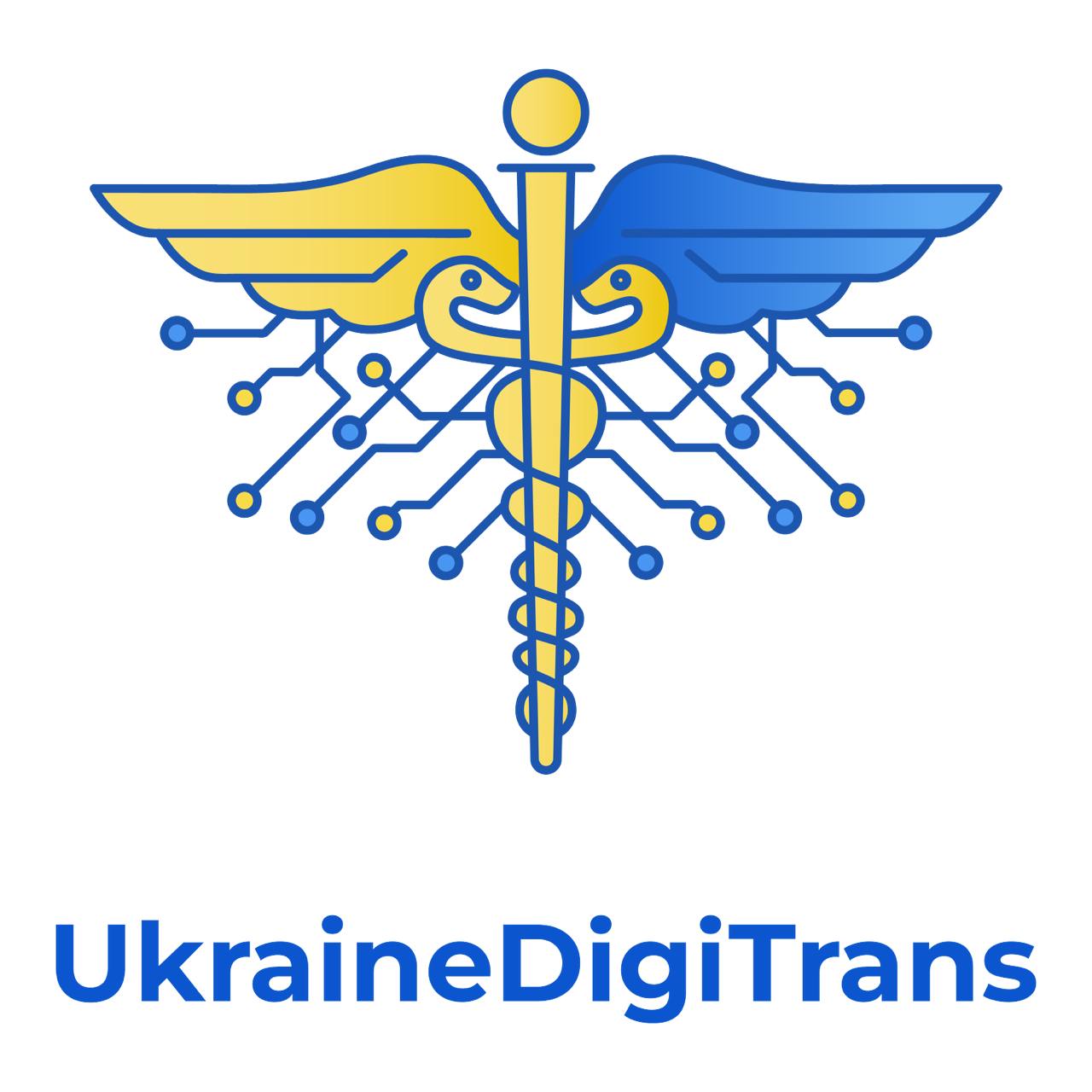First Training Module of the UkraineDigiTrans Project: Ukrainian Universities on the path to Digital Transformation of Medical Education
In May 2025, the first training module for university lecturers took place as part of the UkraineDigiTrans project – "Digital Transformation of Medical Education in Ukraine", implemented with the support of the Erasmus+ programme. More than 213 active educators joined the educational initiative in a format convenient for them — online or offline — according to the decisions of their respective institutions. The aim of this stage was to provide practical tools and knowledge for modernizing the educational process to meet contemporary digital standards.
A key value of the programme was its international component: the trainers who led the sessions had previously undergone training in Finland — a country recognized for its advanced educational practices and high level of digitalization in higher education. They became familiar with modern teaching methodologies, digital platforms, student motivation strategies, and the organization of effective online interaction. Following the in-person training in Finland, a series of additional online sessions were conducted to deepen understanding of the core topics, adapt the acquired knowledge to the Ukrainian context, and pass it on to module participants through online sessions, practical activities, and reflective discussions.
Over two weeks, participants engaged in an intensive programme covering key areas of digital transformation in higher medical education. These included the implementation of modern teaching models such as the flipped classroom, blended learning, microlearning, and project-based approaches. Special attention was given to the psychological and pedagogical aspects of digital transformation — developing emotional resilience in educators, adapting to new formats of work, and supporting student motivation in virtual environments.
A significant part of the module was dedicated to working with digital tools for creating interactive content. Participants learned to use modern platforms, visual editors, and interactive formats that promote active student engagement. The focus also included methods for building an active learning environment: facilitation, encouraging critical thinking, asking open-ended questions, and establishing effective interaction during lessons.
The module also covered the basics of cybersecurity in the educational process: protection of personal data, safe communication rules in digital environments, and promoting digital hygiene among both students and educators.
As a result, the first module became not only a source of new knowledge and skills but also a space for professional networking, experience exchange, and the formation of a community of innovative educators united by a common goal — the qualitative modernization of education in Ukraine. Participants noted the practical value of the sessions and are already working on implementing innovative approaches at their universities.
Ahead lie new training modules, thematic workshops, mentoring support, and collaborative work on creating a modern digital educational environment for training medical professionals capable of responding effectively to the challenges of the 21st century.




